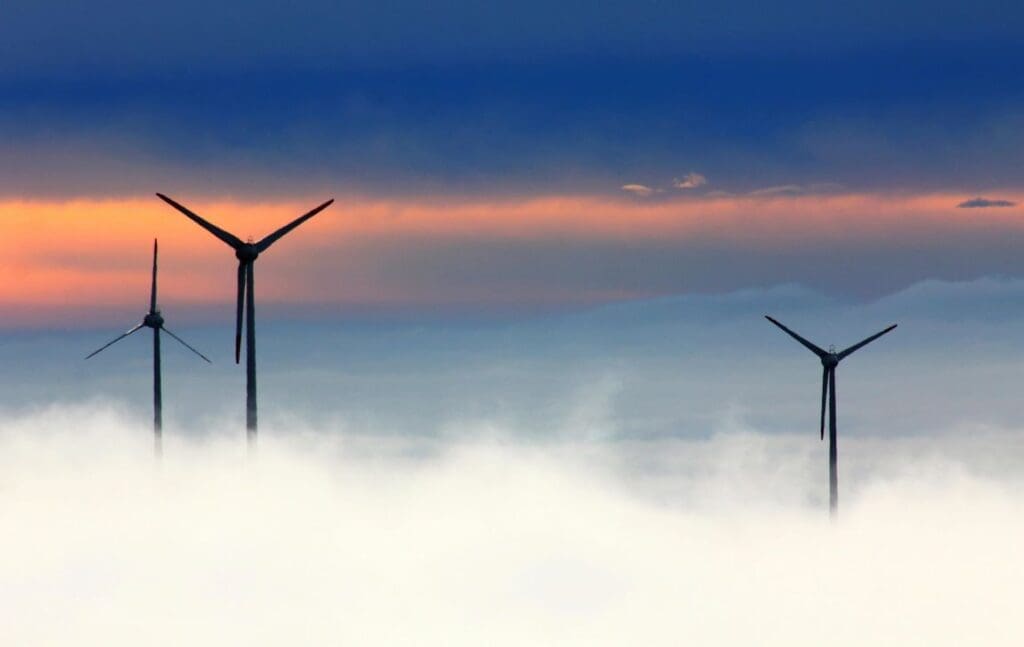Climate change is a global phenomenon, but its impacts are felt at a very local level.
Take, for example, dust. Dust can have a huge impact on local air quality, food security, energy supply and public health. Yet, little is known about how global climate change is impacting dust levels.
Previous studies have found that dust levels are actually decreasing across India, particularly northern India, the Persian Gulf Coast and much of the Middle East, but the reason has remained unclear. Researchers at the Harvard John A. Paulson School of Engineering and Applied Sciences (SEAS) are working to understand how global climate change is impacting dust levels in the region.

In a paper published in the Proceedings of the National Academy of Sciences, a team of researchers led by Michael B. McElroy, the Gilbert Butler Professor of Environmental Studies at SEAS, found that the decrease in dust can be attributed to the Arctic warming much faster than the rest of the planet, a phenomenon known as Arctic amplification. This process destabilizes the jet stream and changes storm tracks and wind patterns over the major sources of dust in West and South Asia — namely the Arabian Peninsula and the Thar Desert between India and Pakistan.
“Local land management, rapid urbanization and industrialization certainly contribute to dust levels West and South Asia but the novel insight from our study is the increasingly dominant influence of circulation change on the broader global climate context,” said McElroy. “Changes in atmospheric circulation patterns, driven by global climate dynamics shifts, have emerged as the principal driver behind the observed recent dust reductions in West and South Asia.”
What does that mean for the future of dust in the region? It all depends on how we curb emissions. Ironically, the best-case scenario for emissions — carbon neutrality — could have the worst impact for dust. If humans can reduce emissions enough to slow or stop Arctic amplification, then the jet stream and wind patterns would likely return to pre-warming states, which would lead to an increase in dust.
Of course, that doesn’t mean we shouldn’t pursue carbon neutrality, said McElroy. But as the global community works to reduce greenhouse emissions, local governments should simultaneously be working to address dust reduction.
“At the local level, we need to be thinking about stronger anti-desertification actions such as reforestation and irrigation management and how to better monitor urban-level dust concentrations, in concert with broad climate mitigation strategies,” said McElroy.
The research was co-authored by Fan Wang, Yangyang Xu, Piyushkumar N. Patel, Ritesh Gautam, Meng Gao, Cheng Liu, Yihui Ding, Haishan Chen, Yuanjian Yang, Yuyu Zhou and Gregory R. Carmichael.
Journal Reference:
F. Wang, Y. Xu, P.N. Patel, R. Gautam, M. Gao, C. Liu, Y. Ding, H. Chen, Y. Yang, Y. Zhou, G.R. Carmichael, & M.B. McElroy, ‘Arctic amplification–induced decline in West and South Asia dust warrants stronger antidesertification toward carbon neutrality’, Proceedings of the National Academy of Sciences 121 (14) e2317444121 (2024). DOI: 10.1073/pnas.2317444121
Article Source:
Press Release/Material by Leah Burrows | Harvard John A. Paulson School of Engineering and Applied Sciences
Featured image credits: nuraghies | Freepik




